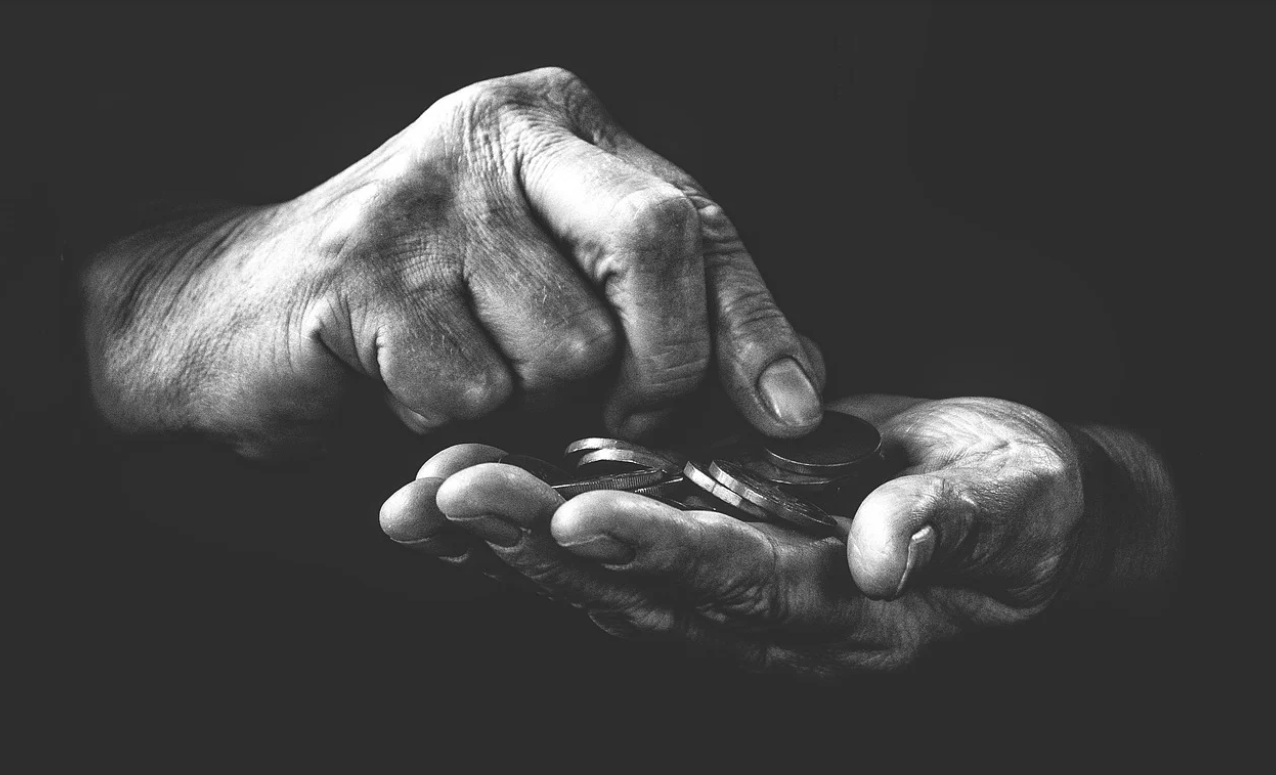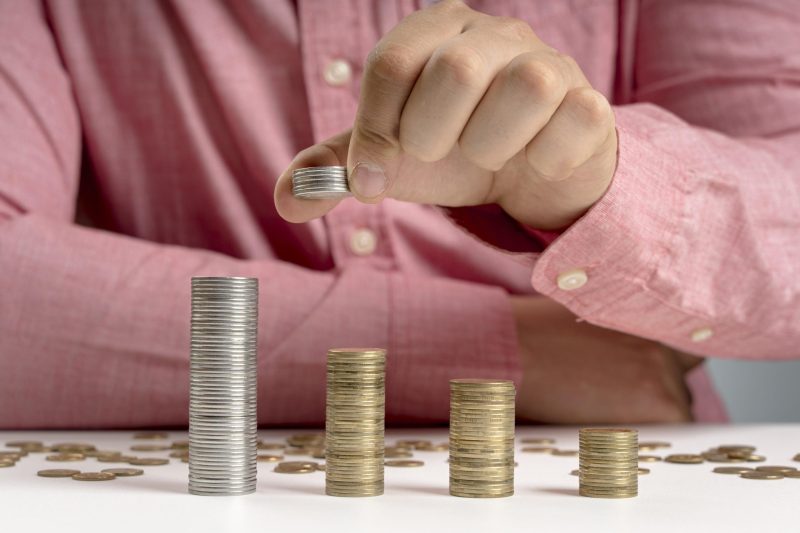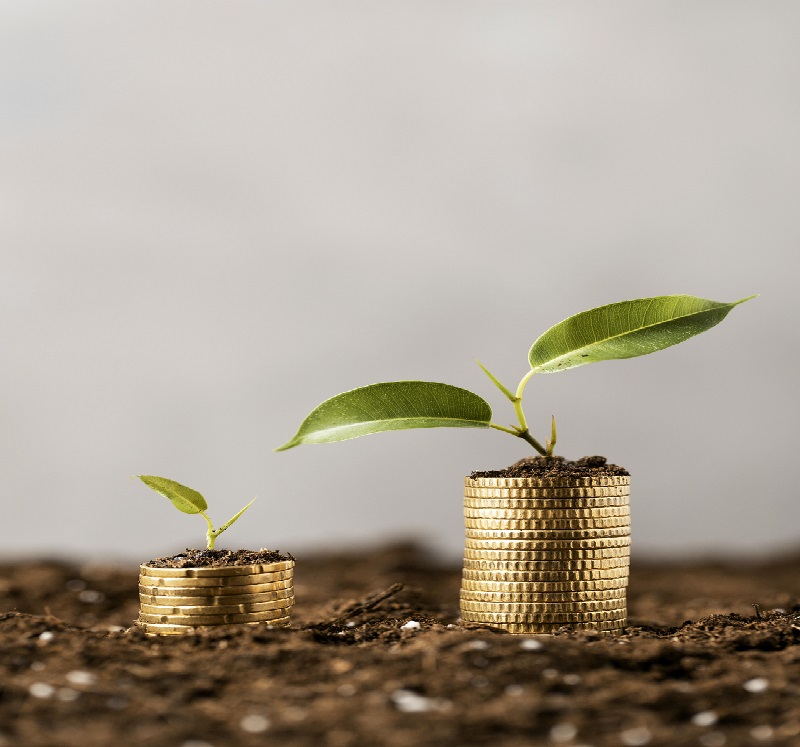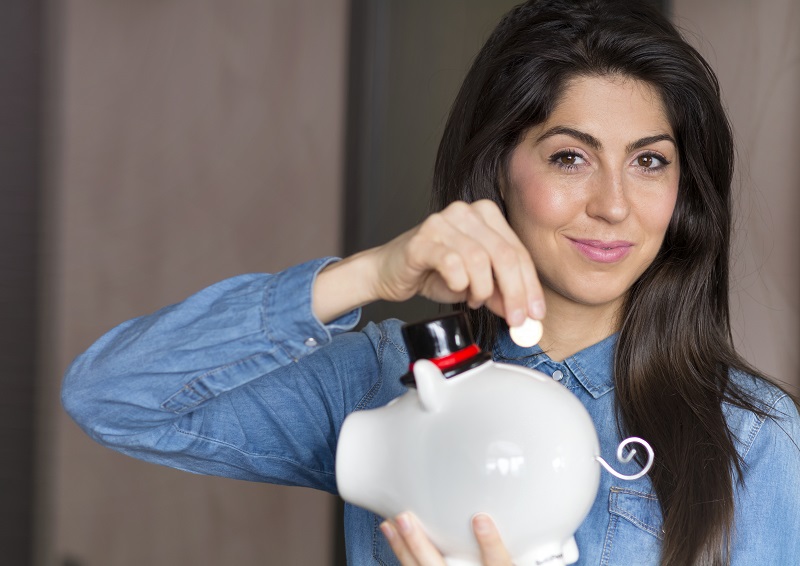By The BuyT desk
What is an Emergency Fund?
An emergency fund is a go-to fund incase of an unseen situation of life. You need to always have a plan- B for unplanned and unexpected situations. If your regular income halts you should have a buffer money to take care of you and your family needs.
Why do I need an Emergency Fund?
Because bad times never come with an advance warning. Making an emergency fund is he most important step of financial planning. Infact before you start putting away your money into investment which ill give you return you must first and foremost keep your buffer fund ready which can keep you afloat in hard times. Don’t think that there are loans to take care of any emergencies but instant personal loans come with a very high interest rate. You may feel if not a loan then a credit card can come to your rescue. But when you pay by credit card remember you will adding more stress on your your finances by creating an additional debt.
Why does Emergency Fund need to be parked and not invested?
The emergency fund has to be literally parked and not invested. Emergencies come unannounced and this fund will be your go-to money that’s why it is important that this money is easily available to you. You should be able to withdraw the money when you need it and without any delay. At the same time, you should ensure that you do not get penalized in the form of an exit load or pre-withdrawal penalty. It should be put aside at a place where the value of the capital does not go down. You can invest where you can earn interest but remain focused on the ease of accessing the fund. Return is not the priority but the ease with which you could withdraw this fund is more important.
What should be the size of the emergency fund?
As per age, family responsibility and other liabilities, the emergency fund can be kept aside for 9 months to 1 year. Earlier it was recommended that your emergency fund should be able to help you to carry on for around 6 months but post COVID-19 experts are recommending that you should prepare a fund that should last for 9 months.
A single unmarried person without any responsibilities will have a different outlook, while the person with family and other responsibilities will have a different outlook. A senior citizen will look at other aspects while creating this fund. Nowadays a lot of family profiles are “EMPTY NESTS” – meaning children studying/staying abroad and parents alone here.
Hence we cannot generalize the quantum of emergency funds. It will differ from family to family.
Prepare two types of emergency fund- a long term fund and a short term fund. The long term fund would take care of bigger emergencies like a jobloss or a salary cut situations which could cause a longer pause on your earning. The short term fund should be kept handy for a situation that may just cro up like a loss of mobile phone or car repair.
Where to keep your emergency fund?
Emergency fund corpus should be liquid in nature. A part of it can be kept in cash at home, some in a saving bank, and some in liquid funds. Do not keep all the funds in one place. It should be available immediately or within 24 hours.







